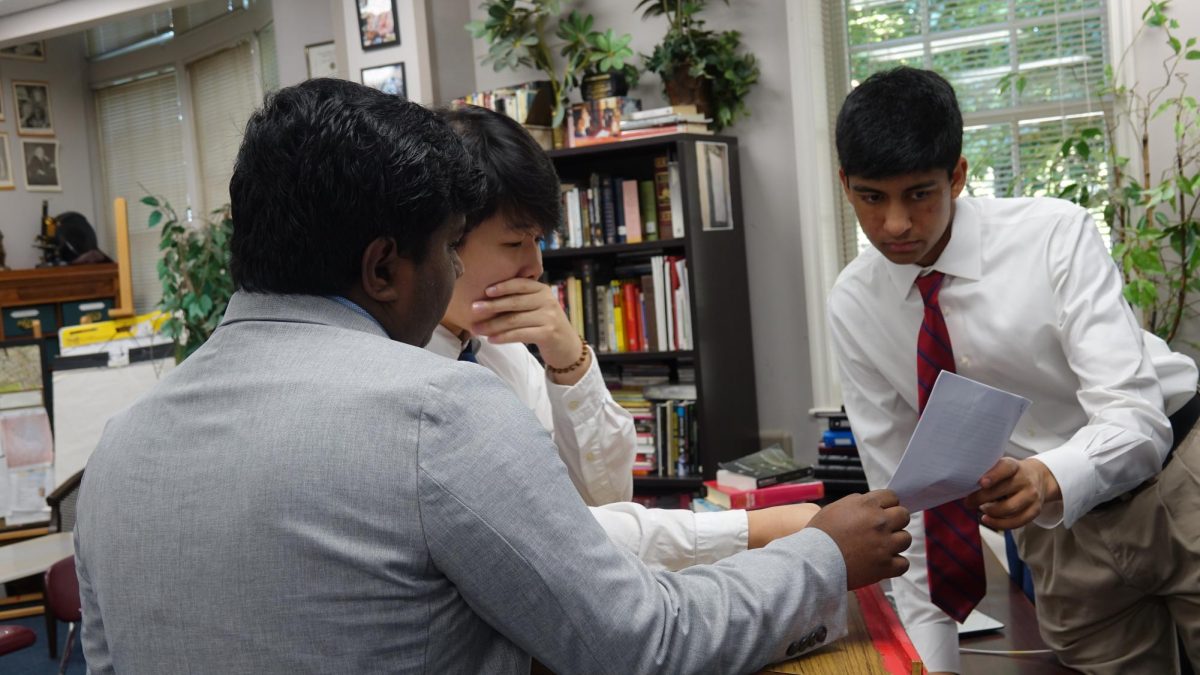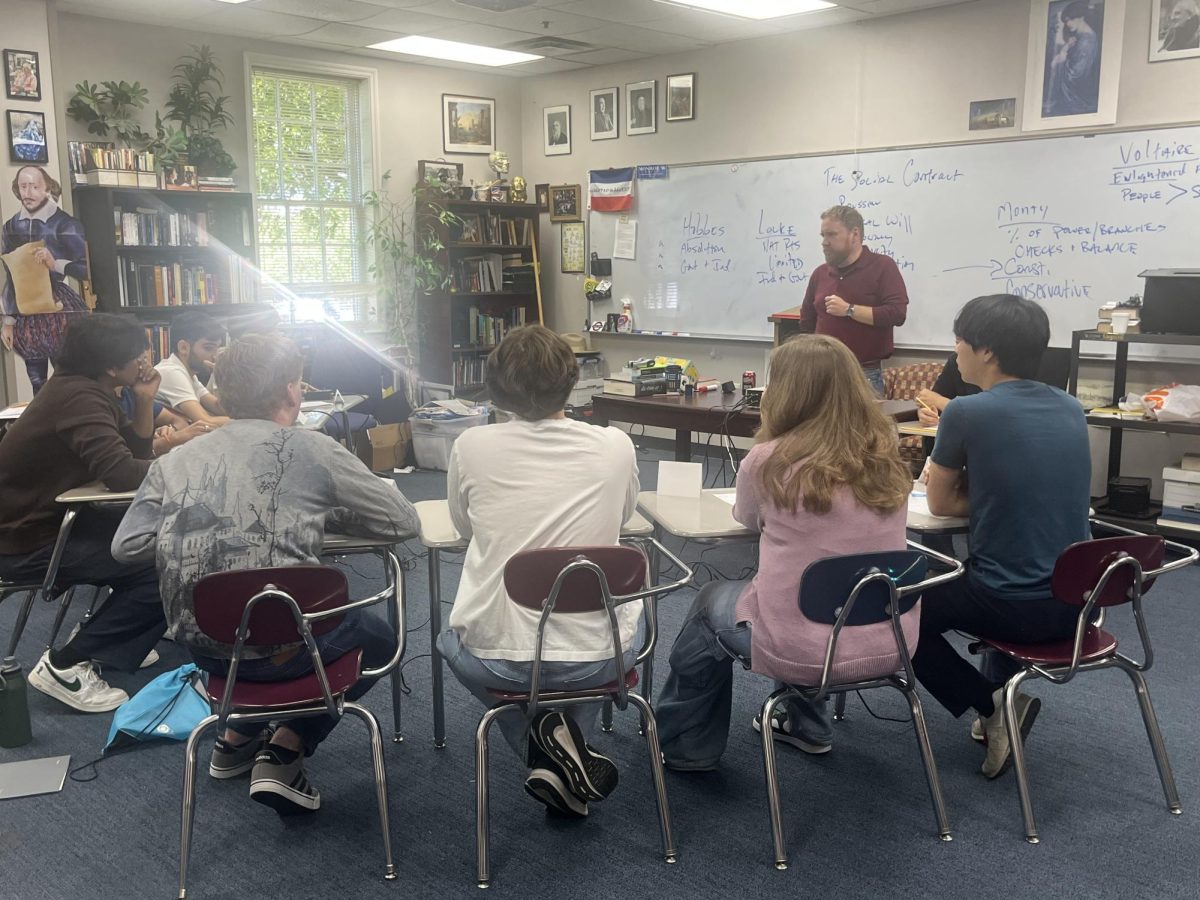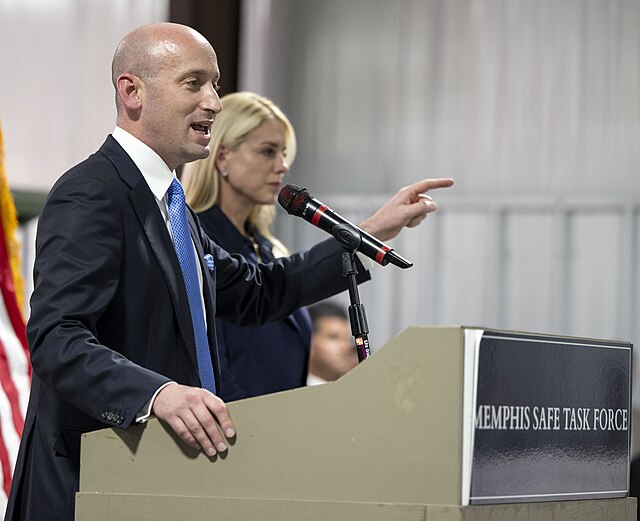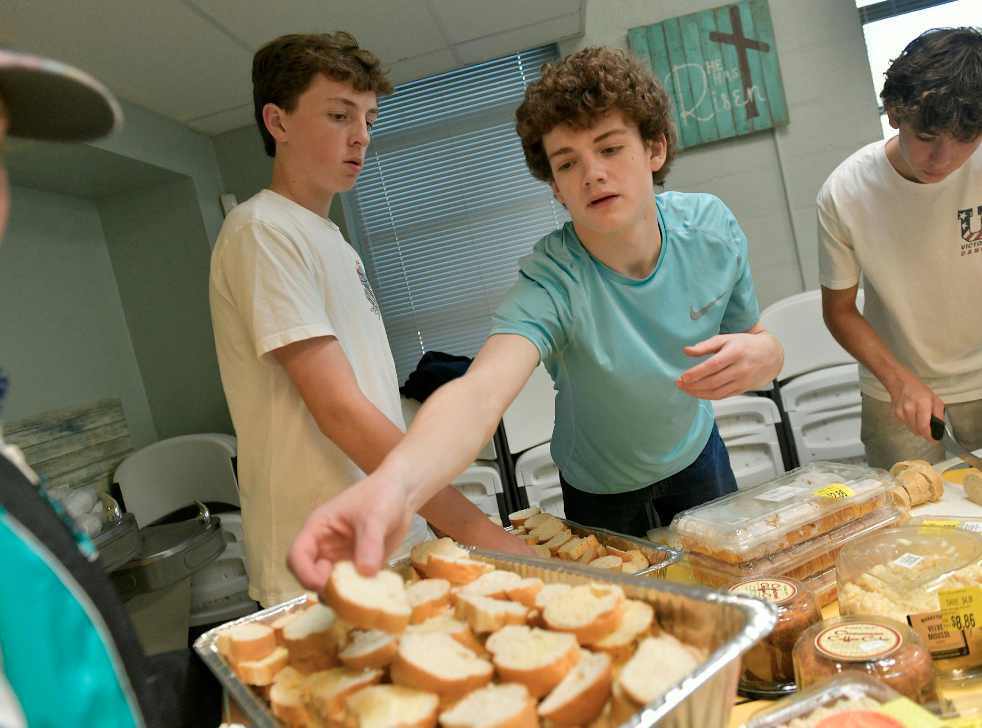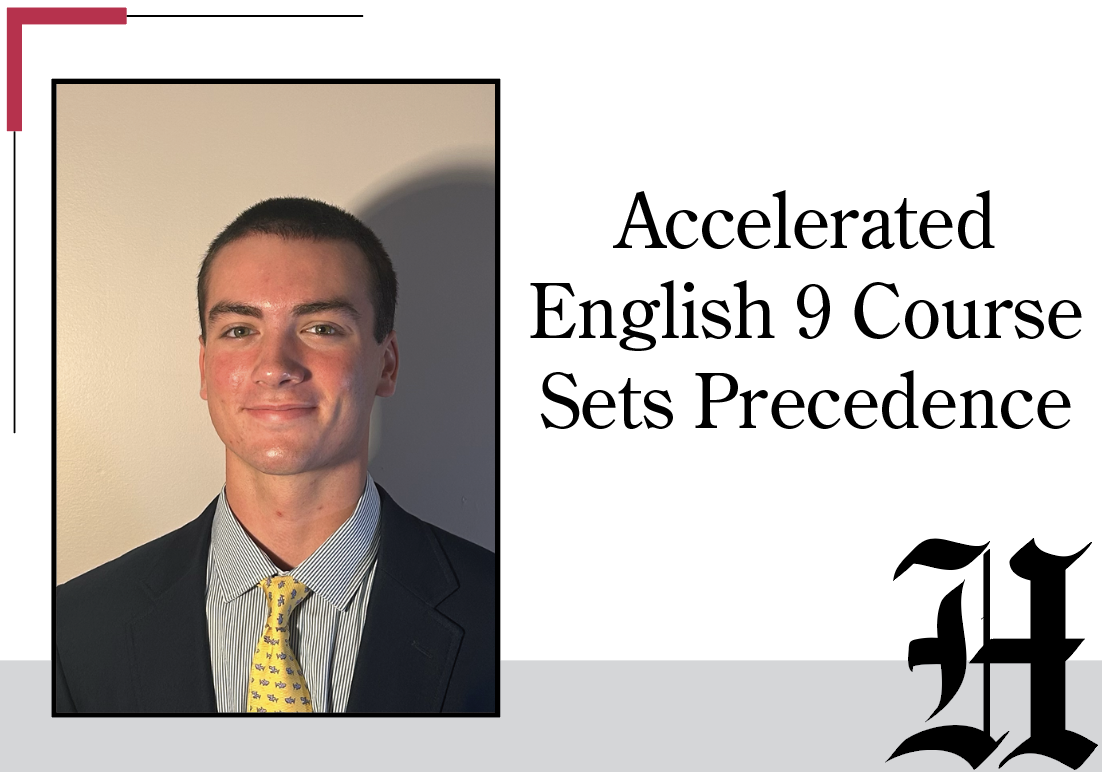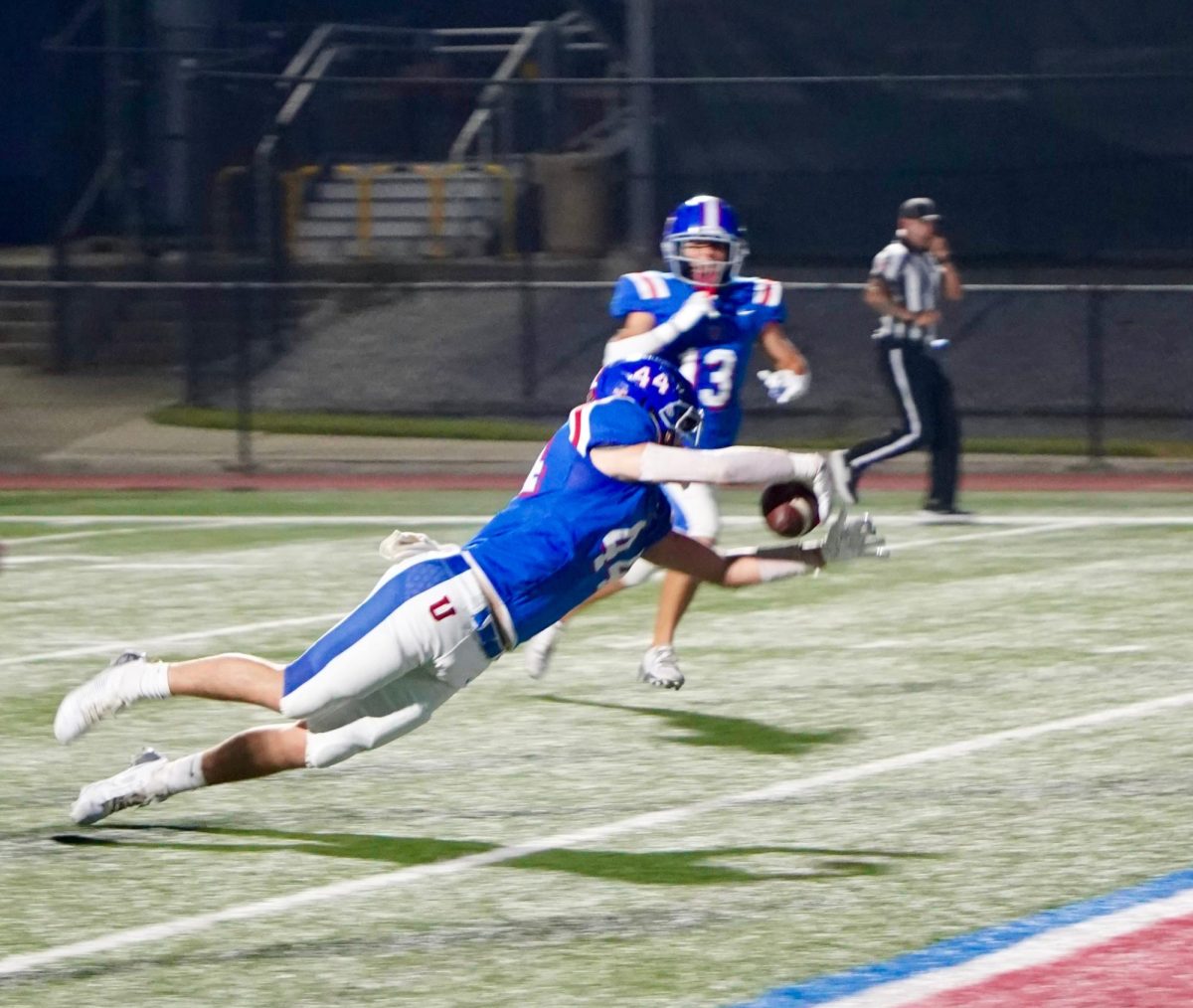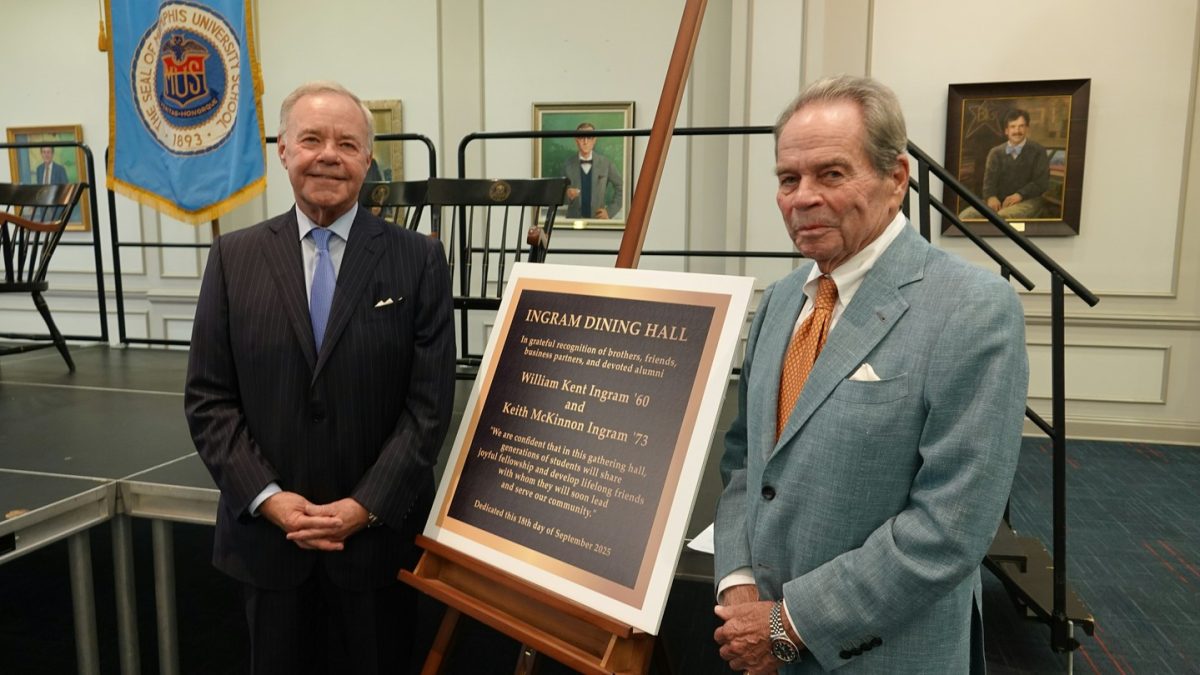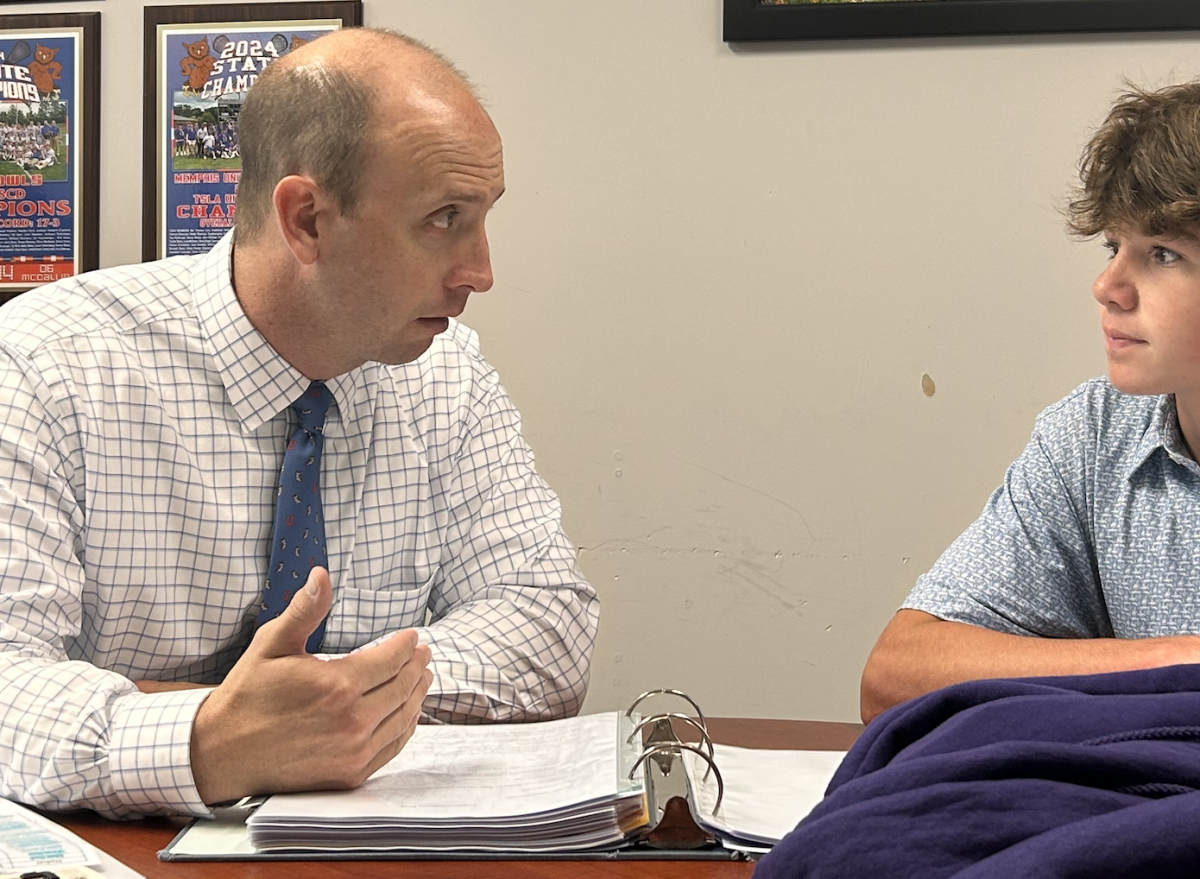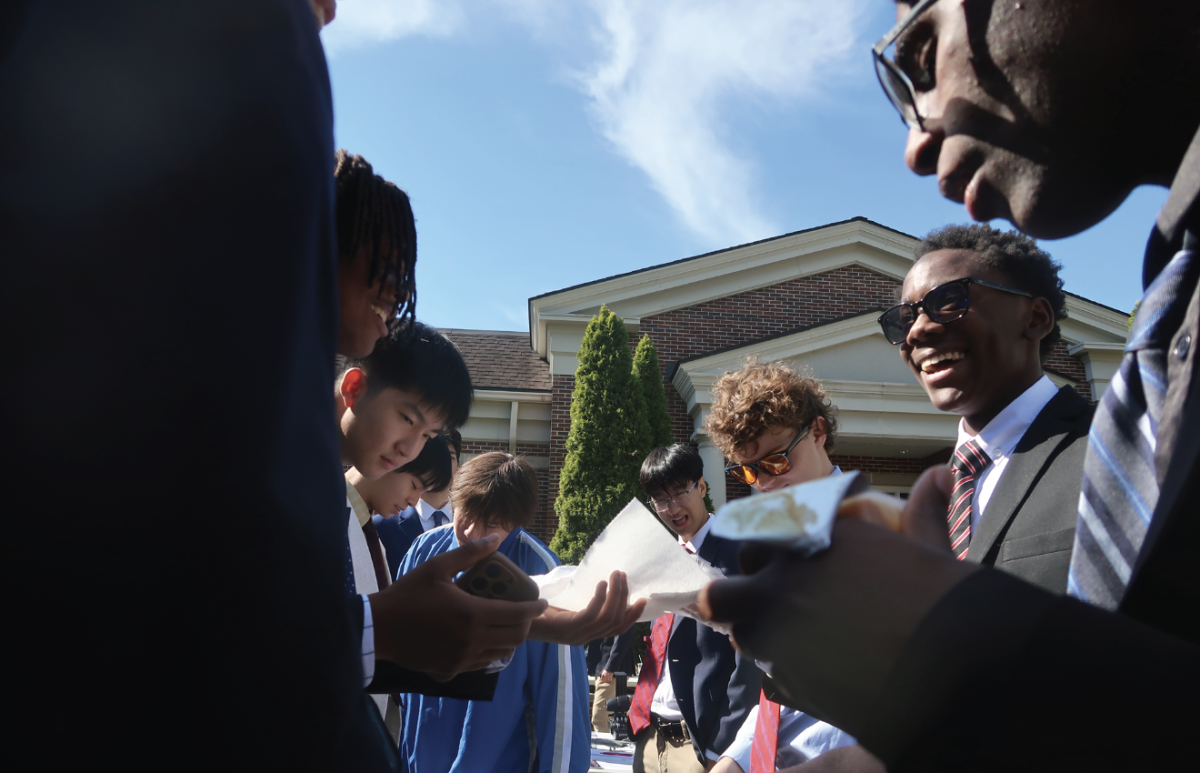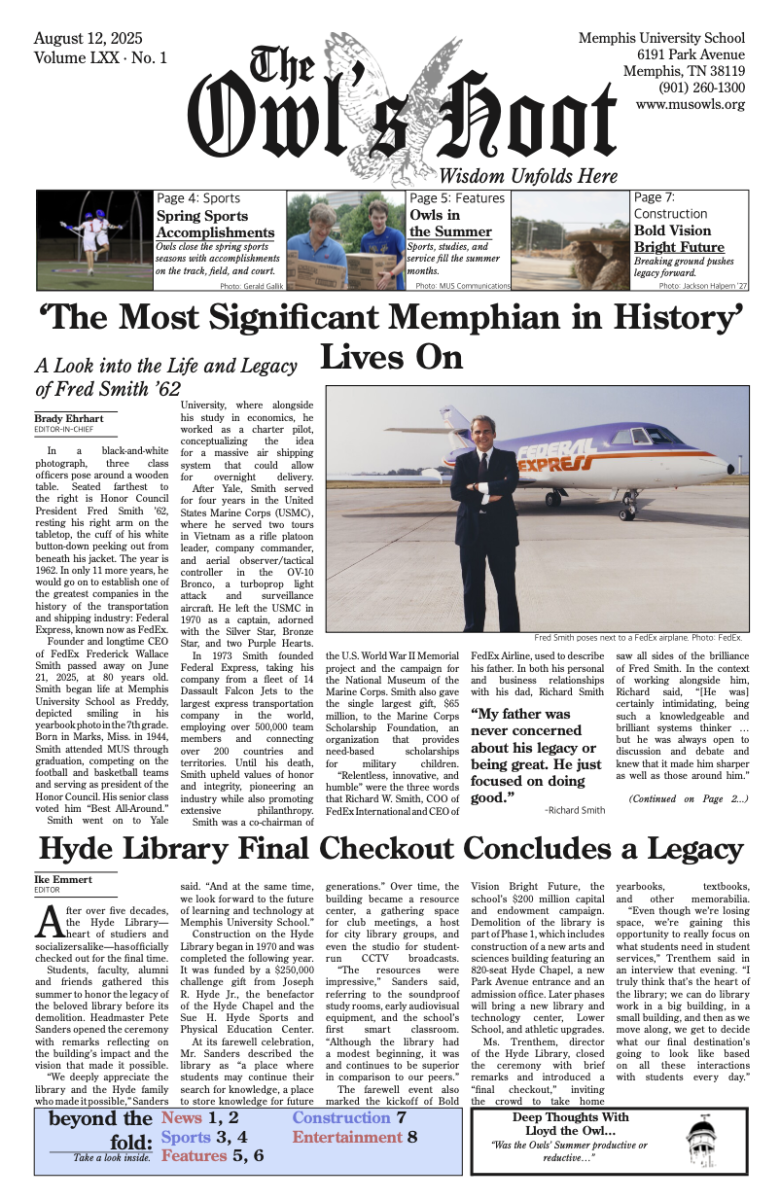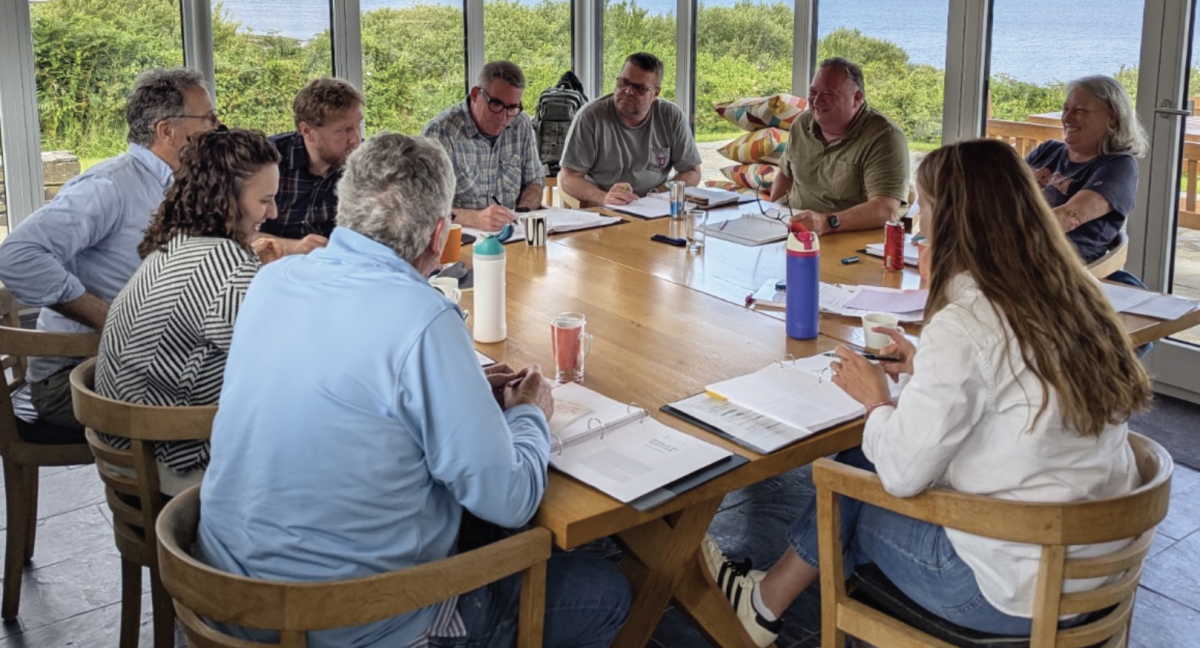This summer, the MUS English Department left behind the halls of Humphreys and the humidity of Memphis for the windswept coast of western Ireland. Nestled on the edge of the North Atlantic near the small village of Schull, they gathered in two remote houses perched above the sea—equal parts classroom and retreat. Funded by the John M. Nail Outstanding Teacher Award, the trip focused on learning discussion-based teaching techniques and brought together nearly the entire department for a week of hands-on collaborative learning.
The award, presented in 2024 to English teacher Chris Colbeck, provided a chance to benefit the department. Chris Colbeck and Department Chair Elizabeth Colbeck, who played the role of “Travel Agent” for the trip, chose to focus the retreat on the Harkness method, a student-led discussion approach taught at the Phillips Exeter Academy’s Humanities Institute.
Both Colbecks had attended the Exeter Humanities Institute in recent years. “It really changed the way we thought about the pedagogy of our classroom,” Chris Colbeck said, “and we wanted to share that with the rest of the department.” Since bringing everyone to New Hampshire wasn’t feasible, they decided to bring the training to Ireland.
“We sort of dreamt up this idea of what if we could bring Exeter to us and go to a remote place that everyone would enjoy,” Chris Colbeck said. With funding from the award, they invited Ralph Sneeden, a longtime Exeter faculty member and Harkness mentor, to lead the workshop in person.
The group settled into two houses overlooking the water near Schull, a quiet fishing village on Ireland’s southwestern coast. Reaching the location meant navigating winding one-lane roads to what Chris Colbeck described as “the middle of nowhere.” While the setting was scenic, the work was serious. “We did workshops every day from, I guess, about 8:30 in the morning until four in the afternoon,” he said.
Each day began with a group discussion led by Sneeden, where MUS faculty acted as students, preparing readings, annotating texts, and engaging in seminars. “You’re basically learning how to do the Harkness method by being a student,” Chris Colbeck said. “And then at the end, one of our faculty would end up being the facilitator and Ralph would sort of get outside the group and observe how it was all going.”
Elizabeth Colbeck described the experience as “transformative for the department.” She emphasized the benefits of discussion-based classrooms, including “critical thinking skills, confidence in their own ideas, a collaborative mindset, responsibility to a group, active listening, and empathy.” She added specifically that “MUS students will see a conscious shift towards discussion in their English classes this fall.”
With new recent additions to the English department, like Ginny McCarley and Shawn Swain, the trip also lent an eye to building a community. “We have some new people in the department,” Chris Colbeck said, “and it ended up really being what we hoped—transformative for the program.”
Reflecting on the experience, Chris Colbeck said, “I can’t be more grateful for the Nail Award and the class of 2024, because without that sort of funding for professional development, you just can’t do things like that.” He also credited his wife, Elizabeth Colbeck, for handling logistics. “She did all the travel arrangements, all of the hotels, all of the everything,” he said. “It was an immense amount of work, and that’s not my forte.”
Back in his office, Chris Colbeck leaned back in his chair, one leg casually crossed the other, stacks of papers around him. Reflecting on Harkness, he said, “When it goes well, I don’t know if there’s a better approach.”


